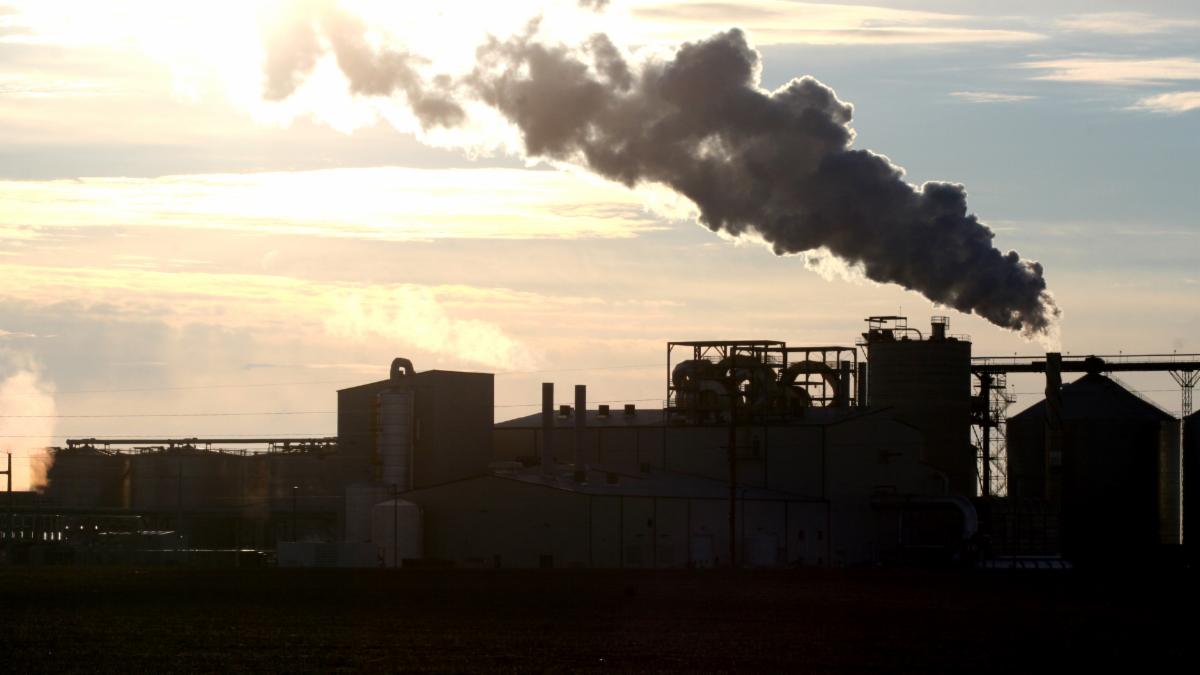
27 Apr Urban Air Initiative: Ethanol Blends Saving Lives through Reduced Vehicle Emissions
Colwich, KS, April 27, 2020: That is the conclusion of a new peer reviewed technical paper published in the Journal of Air & Waste Management, validating previous research efforts by the Urban Air Initiative that find when ethanol is added to gasoline, it significantly reduces toxic emissions tied to air pollution.
The research team leading this effort included notable refinery and fuel emission experts who looked at hundreds of earlier studies on emissions and ethanol. A glaring error, according to the authors, is that these studies assume a standard fuel is created for testing emissions. However, the research found that test fuels rarely resemble real-world fuels, similar to what consumers purchase.
The paper found that when simply adding ethanol to fuel, it reduces the most carbon intensive and carcinogenic fuel additives called aromatics. Replacing these benzene-based additives with ethanol directly reduces particulate matter (PM) and NOx emissions, both of which are ozone precursors and represent significant health risks to the public. The discrepancy the authors found in the previous studies centered on the fact that test fuels add ethanol and aromatics together to raise octane, while oil refiners actually reduce aromatics to utilize ethanol as an octane enhancer. Comparing a baseline E0 fuel to E10 and E15 shows the ethanol blends are significantly better when real world fuel blending conditions are used.
“What this new paper makes clear is the aromatic reduction resulting from increased ethanol volumes provides significant health benefits from lower particulate emissions,” said Urban Air President Dave VanderGriend. “The Urban Air Initiative and its supporters in the ethanol industry call on the EPA to look at this research and consider the facts uncovered in this paper as it prepares to make regulatory decisions about ethanol blended fuels.”
And, in light of the current health crisis, the fact that regions suffering from air pollution are experiencing higher cases of the COVID-19 virus suggests reducing emissions needs to be a national priority for the EPA, according to VanderGriend.

